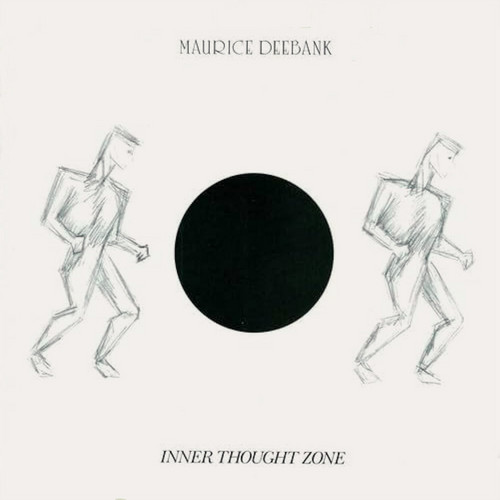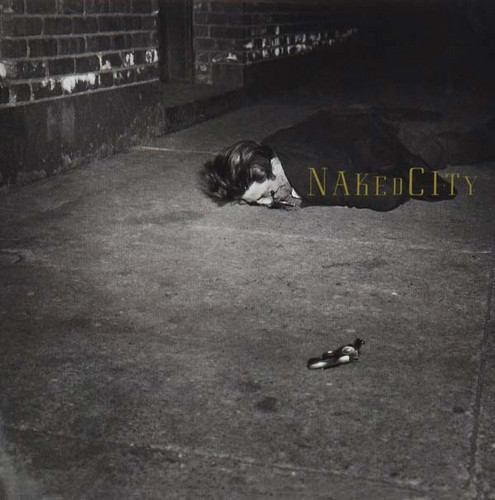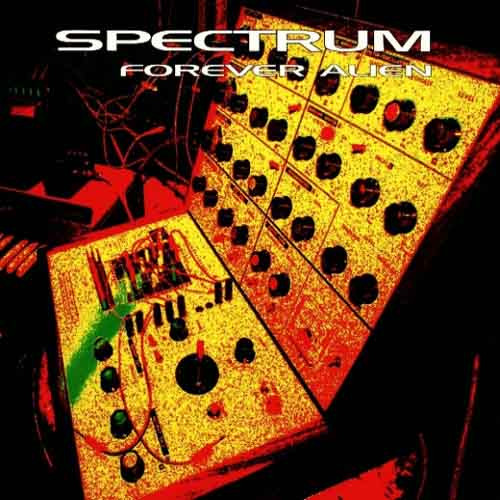★1972
Inner Thought Zone
Temporary Super Offer! Maurice Deebank recorded his instrumental solo debut for the seminal Cherry Red imprint in 1984 while still the guitarist in Felt, the pastoral English pop group led by the notorious eccentric Lawrence Hayward (best known simply as Lawrence). Felt’s early albums Crumbling the Antiseptic Beauty, The Splendour of Fear and Ignite the Seven Cannons and Set Sail for the Sun were marked by melancholy guitar interplay and a lofty pop sensibility, but Inner Thought Zone illustrate…
Stretch (Lp)
Forty years ago, on July 8th and 9th in 1981, a group formed by the splintering of some of Bristol's essential post punk bands, entered the hallowed studio at Berry Street in London to record their debut single. What would emerge was not only an exuberant post funk classic on the A-side, but also a wildly influential dub workout on the flipside, whose reverberations can still be heard today. Both songs have proven essential in very different ways. A focal point for the unique punk-funk that was …
Naked City
Small repress available. "Regularly hailed as one the most important composers of the late 20th century, John Zorn is comfortable at the helm of an ensemble, as improviser on an array of instruments, and as a bold theorist of collaboration. Throughout the 1970s and 1980s, the New York artist and operator of the esteemed Tzadik label became known for assembling hardcore-inflected jazz ensembles and for devising 'game systems,' or intricate musical conditions intended to force players into new ter…
Forever Alien
When Spacemen 3 -- the seminal, drone-indulgent English psych duo comprised of Peter Kember and Jason Pierce -- split in 1991, Pierce shuffled off to acclaim in Spiritualized. Meanwhile, Kember charted a less predictable course. As Sonic Boom, he released Spectrum in 1990, then, after taking a liking to that handle, released Soul Kill (Glide Divide) as Spectrum in 1992. Kemper alternated between those monikers and Experimental Audio Research (E.A.R.) throughout the 1990s, building a rich, …



